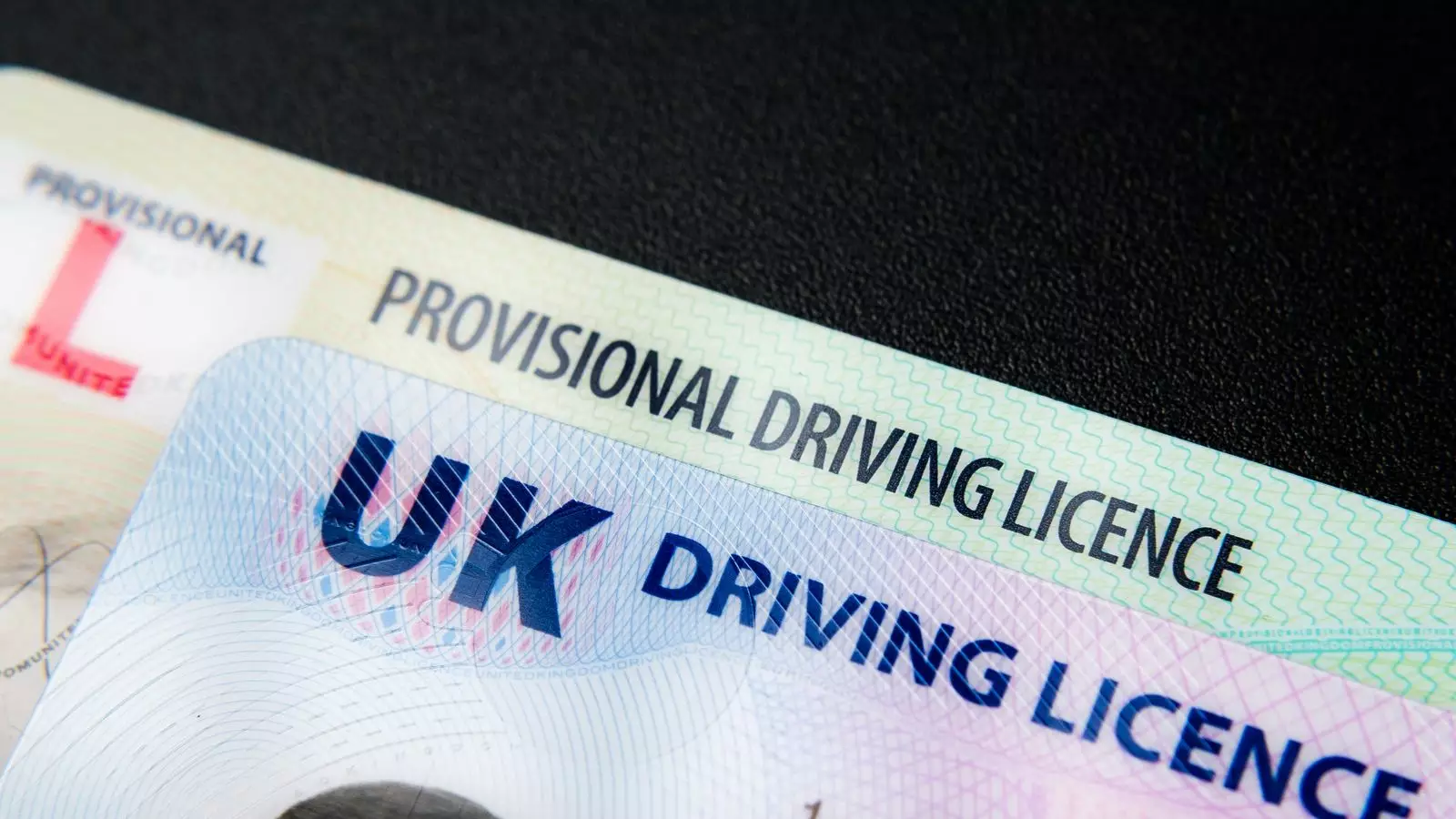In the modern era, the need for a national identification system has become increasingly prominent, yet the United Kingdom remains one of the few developed nations that has not adopted any form of national ID card. According to a recent study commissioned by Sky News, out of the 38 member countries in the Organisation for Economic Cooperation and Development (OECD), only six—Australia, Canada, Ireland, New Zealand, the United States, and the UK—lack an official ID scheme. This information opens up a broader conversation about governance, technology, and civil liberties, especially as discussions around digital ID cards have reignited, notably propelled by comments from former Prime Minister Tony Blair.
Blair’s Call for Change
Sir Tony Blair stirred public discourse when he articulated his views in the Daily Mail, arguing that modern technology presents a unique opportunity to reform government efficiencies. He emphasized that the perennial struggle for lower taxes and enhanced public service delivery could be addressed through the implementation of a digital ID system. “Our present system isn’t working,” Blair argued, advocating for what he termed a “once-in-a-generation disruption.” Not only did Blair cite the potential benefits of a digital ID scheme, but he also underscored the financial implications: his Institute for Global Change estimates a launch cost of around £1 billion, paired with annual maintenance costs of £100 million, which could eventually save the Treasury significant funds—up to £2 billion each year.
Further backing this initiative, a 2019 study by McKinsey & Company posited that the introduction of ID cards could increase Britain’s GDP by as much as 3%. This projection is largely predicated on the assertion that streamlined bureaucratic processes and improved access to public services could enhance overall economic productivity. The increasing complexity of managing identities in a digital age poses challenges that could be addressed with a robust identification system, potentially transforming the economic landscape.
However, a national ID system is not without controversy. Critics of the proposed digital ID cards raise significant concerns regarding the potential erosion of civil liberties and the risk of establishing a surveillance state. The anxieties surrounding such systems are not unfounded; history has shown that government projects involving personal data can lead to misuse and overreach. This tension between enhancing administrative efficiency and preserving personal freedoms will likely shape the ongoing debate surrounding digital identification in the UK.
Globally, practices around identification vary dramatically. In many OECD countries, ID cards are optional, allowing individuals the freedom to choose whether to carry one. Meanwhile, nations like Chile, Luxembourg, and Turkey mandate that citizens possess ID at all times. A notable trend shows an uptick in the adoption of ID systems across countries like Norway, Hungary, Denmark, Japan, and Lithuania over the past decade. Such international examples may serve as relevant case studies for the UK as policymakers evaluate the feasibility and implications of a similar system.
Moreover, the UK government has displayed a mixed commitment to the prospect of digital IDs. Business Secretary Jonathan Reynolds recently indicated that Home Secretary Yvette Cooper would explore various pieces of advice on the topic. However, this assertion was contradicted in a subsequent interview, indicating an uncertain trajectory for digital ID initiatives. Current legislative efforts aim to create optional digital identities, where individuals can choose to share specific information. This approach, however, has been articulated carefully to differentiate it from traditional mandatory ID cards, thereby attempting to alleviate some public apprehensions.
As Australia witnesses the rollout of similar digital ID schemes, concerns surrounding privacy and security continue to dominate discussions. While the potential for technological innovation and enhanced government functionality is appealing, the core challenge lies in ensuring these systems do not compromise personal privacy. It is essential that the implementation of any identification system is coupled with robust safeguards to protect citizens from surveillance and data misuse.
The dialogue surrounding digital ID cards in the UK epitomizes the complex interplay between progress and privacy in contemporary governance. As proponents and opponents continue to advocate their positions, the government must strive to strike a balance that fosters innovation without sacrificing individual liberties. Only time will tell whether the UK will embrace this opportunity for transformation or remain steadfast in its avoidance of a national ID system.

Leave a Reply